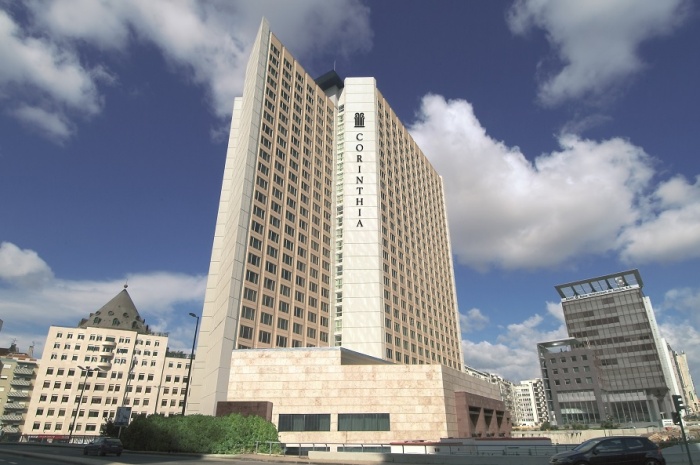
HVS records strong year for European hotel valuations
Hotel values across Europe registered another strong year in 2018 showing three per cent growth and reaching new highs, according to the annual European Hotel Valuation Index, compiled by global hotel consultancy HVS.
Although a more modest growth than that of 2017 at 3.9 per cent, 2018 saw recovery for many cities as well as a levelling off in values for some markets, which had previously been depressed compared with the European average.
“While there has been geopolitical uncertainty and instability in Europe, the influence of this on investors, developers and lenders within the hotel sector seems to be continually lessening,” commented Magalí Castells, senior associate with HVS and co-author of the report.
“Although individual changes in 2018 were much more modest than in 2017, with no double-digit growth, it was a positive year for Europe’s hotels with growth and recovery in many cities, new value highs reached by hotels in many markets, and a positive outlook going forward.”
The annual HVI ranks the percentage change in the values of typically four-star and five-star hotels across 33 major European cities, both in euro and local currency terms, as well as ranking each market in terms of the average price per hotel room.
ADVERTISEMENT
Hotels in Lisbon, Moscow, Paris, Brussels and Berlin filled the top five slots in terms of highest percentage growth in values in euro terms, with Lisbon seeing an impressive nine per cent uplift, the year’s biggest climber.
Despite being more modest than its 2017 rise of 15 per cent, Lisbon’s growing popularity as a destination prompted an average rate rise of over five per cent across its hotels, driven primarily by visitors from the US and Brazil.
However, high levels of new hotel supply expected to come on stream over the next three years is likely to subdue future RevPAR growth in the city’s hotels.
On the back of the FIFA World Cup Moscow’s hotels recorded an impressive eight per cent growth in this year’s index with a RevPAR increase in euros of over 180 per cent for June and July.
St Petersburg showed a six per cent increase, ranking it sixth in the HVI.
In local currency value growth in these markets was even more pronounced.
Paris returned to the top five in this year’s index, with values per room up by seven per cent.
A further rise is expected for Parisian hotels as RevPAR still remains substantially below the previous peak of 2014.
While the market enjoyed 11 months of growth, December saw RevPAR levels fall due to the disruption caused by the ‘gilets jaunes’ movement in the city, which forced the closure of several businesses and tourist attractions.
Brussels, fourth on the index of highest percentage value growth, registered a seven per cent rise in values per room, driven by increases in occupancy and average rates.
With hotel supply expected to remain stable, the outlook is optimistic for future performance in the city.
Berlin, fifth on the index, recorded another seven per cent hike in values as the city’s popularity continues to increase.
Despite some 1,300 new rooms opening last year the new supply has been matched by a rise in arrivals, maintaining RevPAR.
While the future pipeline in Berlin is also strong, the long-term forecast is positive for the German capital, particularly with the anticipated opening of the new Brandenburg Airport in 2021.
Only six of the 33 markets analysed experienced a value drop, with those at the bottom of the index, in euro terms, including Barcelona, which was badly impacted by the civil unrest caused by the strengthening of the Catalan independence movement; Hamburg, Manchester and Warsaw, which all suffered from an influx of new supply in the market; and Geneva and Stockholm, which were impacted by currency dynamics in 2018.
In terms of the absolute value of hotel rooms, those in Paris, London, Zurich, Geneva and Rome filled the top five slots for the most expensive in Europe, with Birmingham, Sofia, Bratislava, Bucharest and Manchester at the bottom end of the ranking.
“Demand for hotel accommodation remains vigorous across most markets in Europe, and while economic growth for this cycle might be beyond its peak hotel demand is unlikely to suddenly fall away,” commented Sophie Perret, director at HVS London.
“For investors the advice is to factor in a slightly longer exit window and be cautious, but there are some good deals to be had by those seeking to acquire hotels in many European cities.”

